Transitioning from First Year to Second Year in College
Moving up from the first year of college to the second can be exciting but challenging. The first year usually is about adjusting to life in college, making new friends, learning how to manage your time, and understanding academic expectations. By the second year, students go up against new responsibilities and opportunities, requiring them to adjust and grow.
Mental and Emotional Health
The second year can also be stressful. Balancing a heavier academic load with social life, personal growth, and career planning can take a toll on mental and emotional health. It’s important to prioritize self-care—getting enough sleep, eating well, exercising, and managing stress can all make a big difference. Most universities offer counseling and wellness services that students can use if they feel overwhelmed.
Academic Changes
One of the biggest changes in the second year is the increase in academic expectations. In the first year, students take introductory courses which cover basic concepts and help adjust to the college requirements. By the second year, classes are way more focused on specific subjects related to certain majors, the workload also starts to increase. Students face more challenging assignments, larger reading loads, and more complicated projects. Even managing time becomes more important such as balancing multiple classes. It’s important for students to know they can reach out to professors, tutoring services, or form study groups to stay on track of school work.
Social Shifts and Independence
Social life also shifts during the second year. First-year students often focus on making new friends and finding a sense of belonging on campus. By the second year, many students have formed their friend groups, but these relationships can change as people grow and their interests evolve. Another big change is living arrangements. Many second-year students move off-campus or into different residence halls, which brings more responsibility. Managing rent, groceries, and bills for the first time can be an adjustment, but it also helps students develop independence.
Conclusion
The transition from the first year to the second year of college is a time of growth and change. While the second year brings new challenges, it also provides opportunities to develop academically, socially, and personally. By focusing on time management, seeking out career experiences, and taking care of mental health, students can make the most of this important phase of their college journey.
Career Exploration
The second year is when students start thinking more seriously about their future careers. This is a great time to look for internships, part-time jobs, or volunteer opportunities that are related to their major. Building experience early can help when it comes to applying for jobs or graduate programs after college. Getting involved in campus clubs, organizations, or student leadership roles is also a good idea. These activities help students build skills, make connections, and add to their resumes, making them more prepared for life after college.


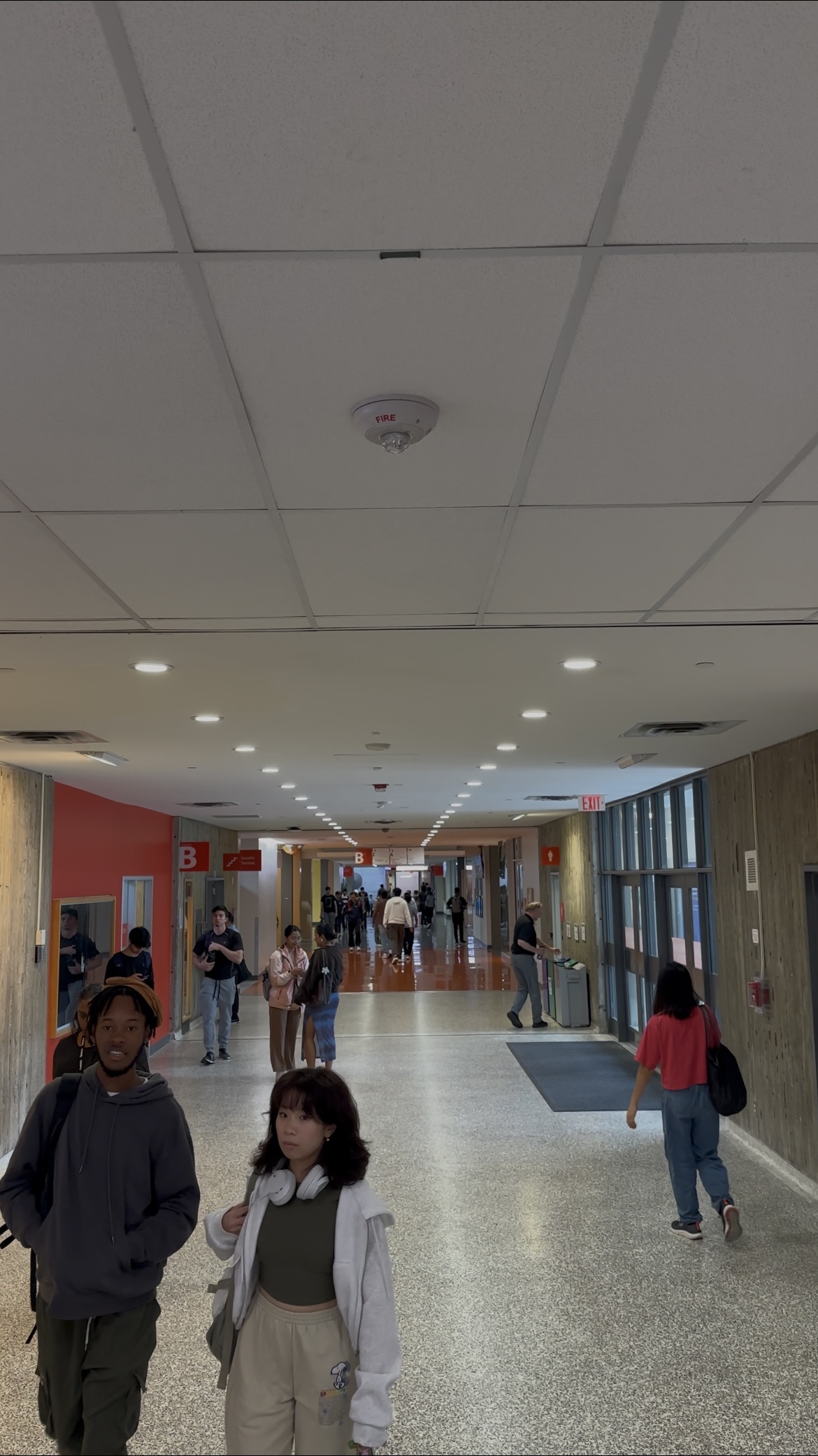
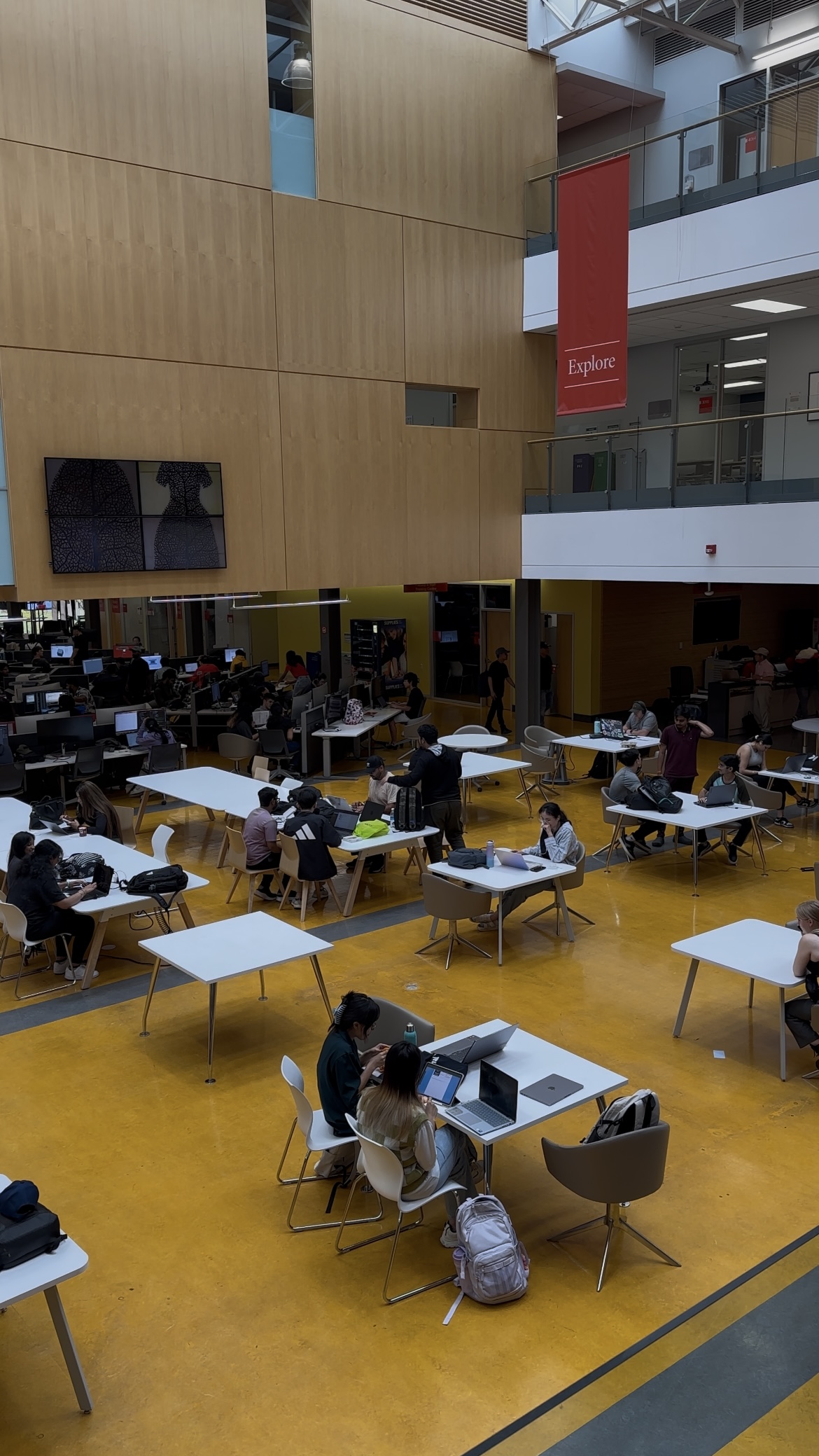
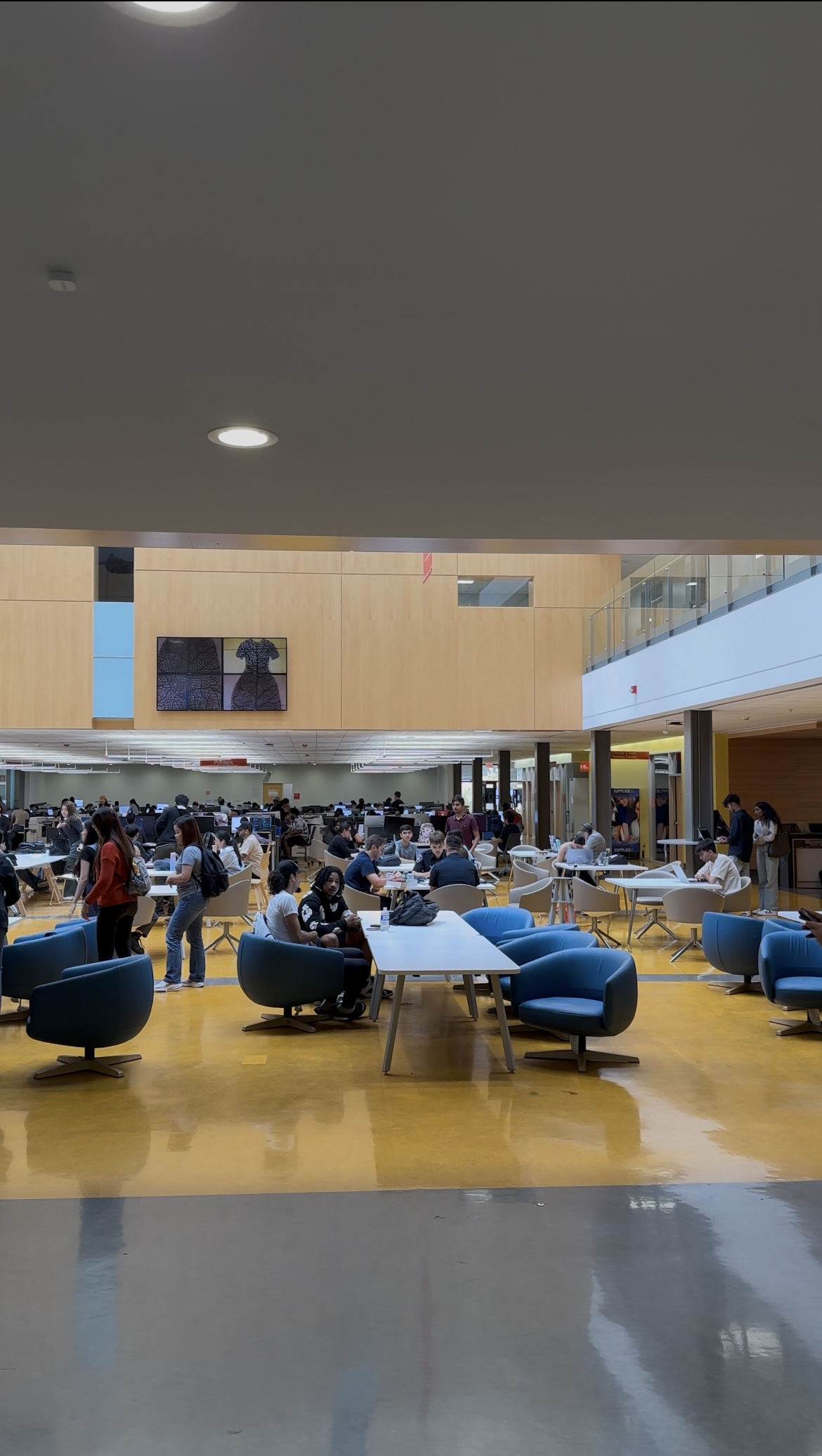
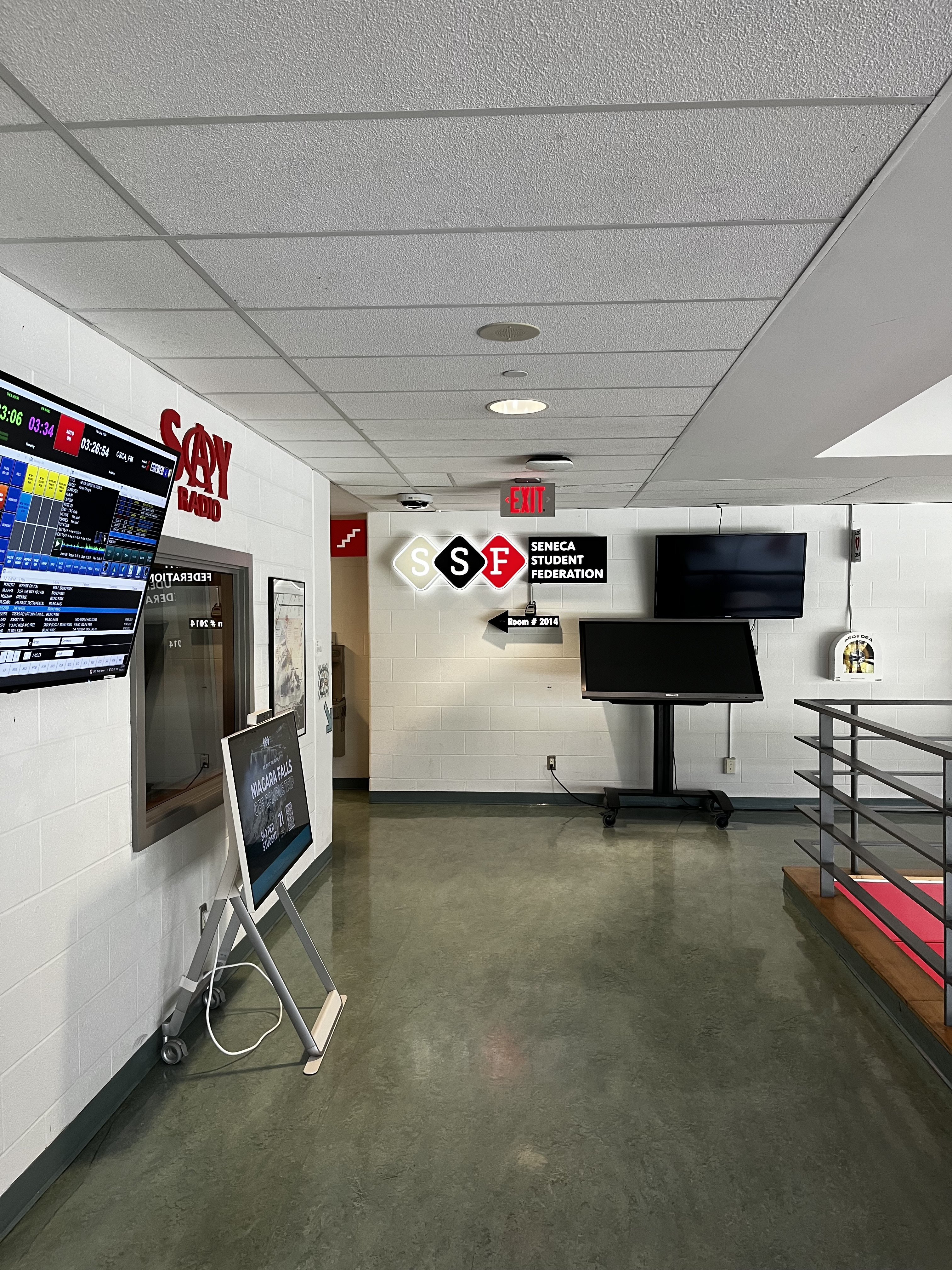
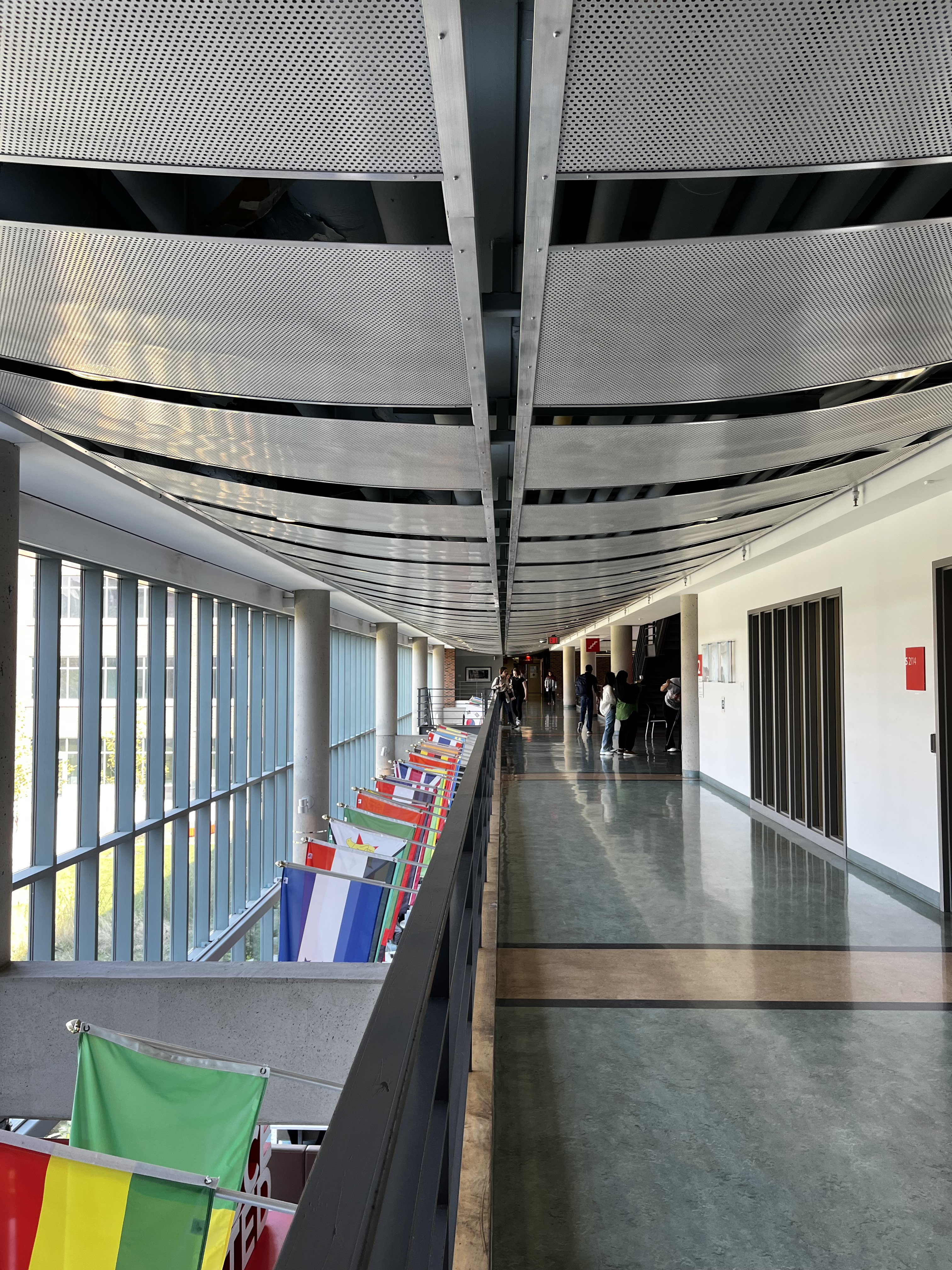




Be the first to comment